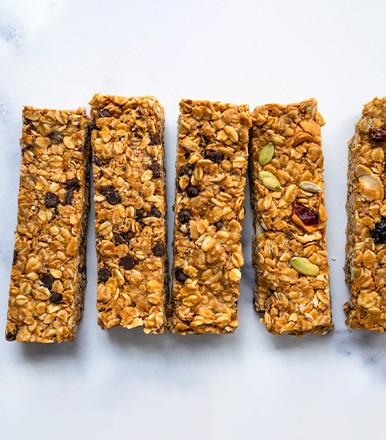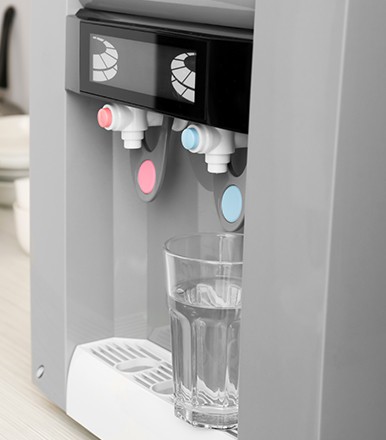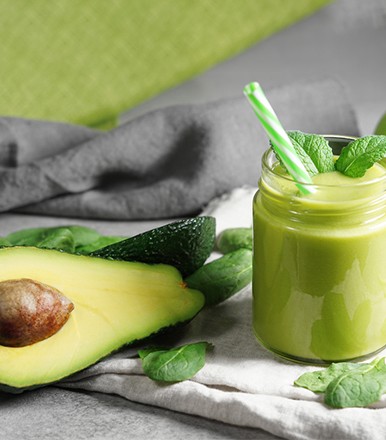Self-care is a crucial aspect of maintaining overall well-being and preventing burnout. You can reduce stress, improve your mood, and increase productivity by engaging in activities that nurture your physical, mental, emotional, and spiritual needs. This article provides a comprehensive guide to self-care, covering various practices such as exercise, healthy eating, mindfulness, gratitude, and connecting with nature. It emphasizes the importance of creating a self-care routine tailored to your unique needs and celebrating small victories. Ultimately, embracing self-care as a lifestyle choice is an investment in your long-term well-being, enabling you to show up as your best self in all areas of your life.
1.1 What is Self-Care?
Self-care is consciously engaging in activities that promote physical, mental, emotional, and spiritual well-being. It involves taking time to nurture and prioritize your needs, enabling you to function at your best.
1.2 Importance of Self-Care
In our fast-paced world, it's easy to neglect our own needs as we juggle work, family, and social commitments. However, self-care is crucial for maintaining a healthy balance and preventing burnout. By prioritizing self-care, you can reduce stress, improve your mood, and increase productivity.
2. Physical Self-Care
2.1 Exercise
Engaging in regular physical activity is essential for maintaining good health. Whether it's going for a brisk walk, hitting the gym, or practicing yoga, exercise releases endorphins that boost your mood and energy levels.
2.2 Healthy Eating
Fueling your body with nutritious foods can have a profound impact on your overall well-being. Incorporating a variety of fruits, vegetables, whole grains, and lean proteins into your diet can improve your energy levels, concentration, and mood.
2.3 Sleep and Rest
Getting sufficient sleep is crucial for physical and mental rejuvenation. Aim for 7-9 hours of quality sleep each night, and consider incorporating power naps or relaxation techniques into your routine to combat fatigue and stress.
3. Mental Self-Care
3.1 Mindfulness and Meditation
Practicing mindfulness and meditation can help you stay present, reduce anxiety, and cultivate a sense of calm. Set aside a few minutes each day to engage in deep breathing exercises, guided meditations, or simply observe your thoughts without judgment.
3.2 Journaling
Journaling is a powerful tool for self-reflection and emotional processing. Writing down your thoughts and feelings can help you gain clarity, work through challenges, and celebrate your accomplishments.
3.3 Unplugging from Technology
In today's digital age, it's essential to disconnect from screens and technology periodically. Set boundaries around your technology use, and make time to engage in activities that don't involve screens, such as reading a book, listening to music, or spending time outdoors.
4. Emotional Self-Care
4.1 Practicing Gratitude
Cultivating an attitude of gratitude can have a profound impact on your emotional well-being. Start a gratitude journal, or simply take a few moments each day to reflect on the things you're grateful for, no matter how small.
4.2 Seeking Support
Building and maintaining a strong support system is crucial for emotional well-being. Reach out to friends, family, or a professional when you need to talk or seek guidance. Surrounding yourself with positive, supportive people can provide a sense of connection and comfort.
4.3 Engaging in Hobbies
Engaging in hobbies and activities you enjoy can provide a sense of fulfillment and joy. Whether it's painting, gardening, cooking, or playing a sport, make time for activities that please you and allow you to express your creativity.
5. Spiritual Self-Care
5.1 Connecting with Nature
Spending time in nature can have a calming and rejuvenating effect on the mind, body, and spirit. Take a walk in the park, go for a hike, or simply sit outside and appreciate the beauty of the natural world around you.
5.2 Practicing Spirituality
For those who follow a spiritual or religious path, engaging in practices such as prayer, meditation, or attending services can provide a sense of connection and inner peace.
5.3 Volunteering
Giving back to your community or a cause you care about can be a powerful form of spiritual self-care. Volunteering your time and talents can help you find purpose, meaning, and a sense of contribution beyond yourself.
6. Creating a Self-Care Routine
6.1 Identifying Your Needs
The first step in developing a self-care routine is to identify your unique needs and preferences. Take some time to reflect on the areas of your life that require more attention and nurturing.
6.2 Making Time for Self-Care
While it may seem challenging to fit self-care into your busy schedule, it's essential to prioritize it. Schedule self-care activities in your calendar, and treat them with the same importance as you would any other commitment.
6.3 Celebrating Small Victories
Remember to celebrate your self-care wins, no matter how small they may seem. Acknowledging your efforts and progress can provide motivation and encouragement to continue prioritizing your well-being.
7.1 The Benefits of Self-Care
Incorporating self-care practices into your daily routine can have numerous benefits, including reduced stress, improved mood, increased productivity, and a greater sense of overall well-being.
7.2 Embracing Self-Care as a Lifestyle
Self-care is not a one-time event or a temporary fix; it's a lifestyle choice. By making self-care a priority, you're investing in your long-term physical, mental, emotional, and spiritual health, enabling you to show up as your best self in all areas of your life.
Discover more self-care tips and inspiration at Hello Fitness Magazine, a dedicated platform for personal growth and wellness. Unlock your full potential with Hello Fitness Magazine, your go-to resource for a holistic approach to health and fitness, available at Hello Fitness Magazine.














